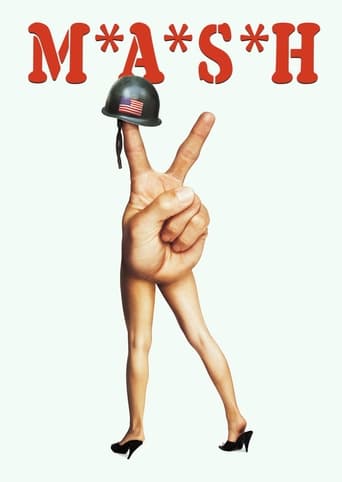
18 Feb 1970

M*A*S*H
The staff of a Korean War field hospital use humor and hijinks to keep their sanity in the face of the horror of war.
Swedish journalist visits Korea to report on the situation during the war
Erik Rensell, journalist
Kristina, sjuksköterska
generalfältläkare, chef för Röda Korsets fältsjukhus
överläkare
läkare
läkare
läkare
sjuksköterska
sjuksköterska

amerikansk general, FN-styrkornas överbefälhavare

amerikansk president
svensk statsminister

Speaker (voice)

18 Feb 1970

The staff of a Korean War field hospital use humor and hijinks to keep their sanity in the face of the horror of war.
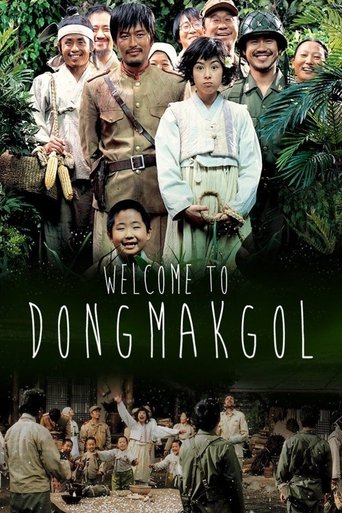
04 Aug 2005

Based on the long running play by Jang Jin, the story is set in Korea during the Korean War in 1950. Soldiers from both the North and South, as well as an American pilot, find themselves in a secluded and naively idealistic village, its residents unaware of the outside world, including the war.

02 Jan 1991

They speak the same language, share a similar culture and once belonged to a single nation. When the Korean War ended in 1953, ten million families were torn apart. By the early 90s, as the rest of the world celebrated the end of the Cold War, Koreans remain separated between North and South, fearing the threat of mutual destruction. Beginning with one man's journey to reunite with his sister in North Korea, filmmakers Takagi and Choy reveal the personal, social and political dimensions of one of the last divided nations on earth. The film was also the first US project to get permission to film in both South & North Korea.
09 Sep 2021
In July 1951, all the sides to the Korean War sought a ceasefire. For a ceasefire, the Allied and Communist forces began to hold talks at Naebongjang, located northeast of Kaesong. However, they only sharply opposed each other and didn't make progress in the negotiation. In October 1951, the two sides met again in the small village of Neolmun-ri below Gaeseong. They set up tents there to negotiate and named the place Panmunjom. The name Panmunjeom is a combination word of Panmun, meaning Neulmun-ri, and “Jom,” of an inn.
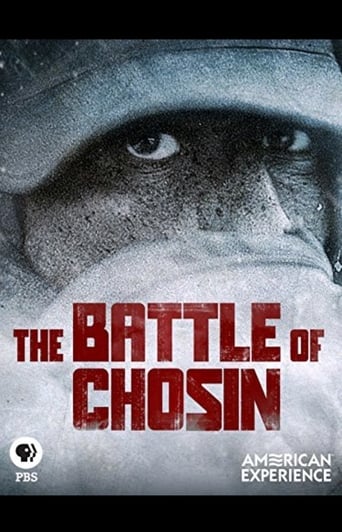
01 Nov 2016

An amazingly harrowing story of the 17 day engagement of bloody combat and heroic survival in subartic temperatures. UN forces largely outnumbered and surrounded, due to a surprise attack led by 120,000 Chinese troops.
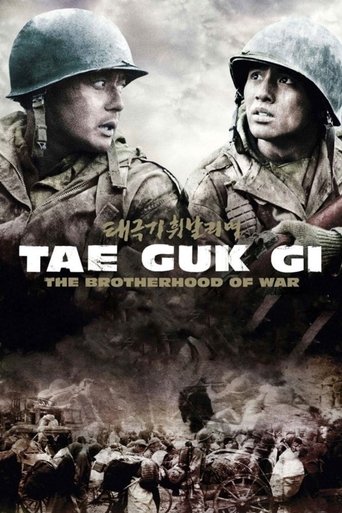
05 Feb 2004

When two brothers are forced to fight in the Korean War, the elder decides to take the riskiest missions if it will help shield the younger from battle.
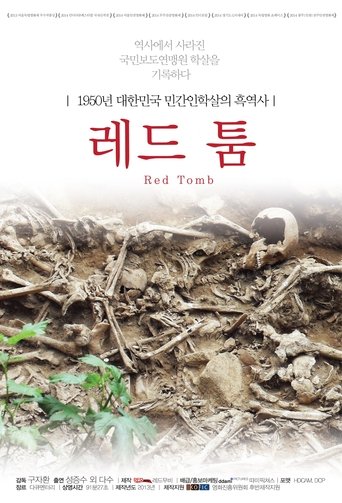
09 Jul 2015

No overview found
25 Jul 1952
No overview found

27 Oct 2017

In 1950, amidst the ravages of the Korean War, Sergeant Süleyman stumbles upon a a half-frozen little girl, with no parents and no help in sight and he risks his own life to save her, smuggling her into his army base and out of harm’s way.
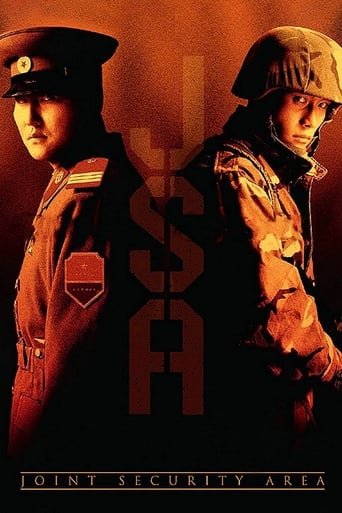
09 Sep 2000

Two North Korean soldiers are killed in the border area between North and South Korea, prompting an investigation by a neutral body. The sergeant is the shooter, but the lead investigator, a Swiss-Korean woman, receives differing accounts from the two sides.
27 May 2001
The Korean conflict is often called "The Forgotten War," but it has never been forgotten by the men and women who experienced it. These veterans share their thoughts, experiences and memories, highlighting the human and social costs of war.
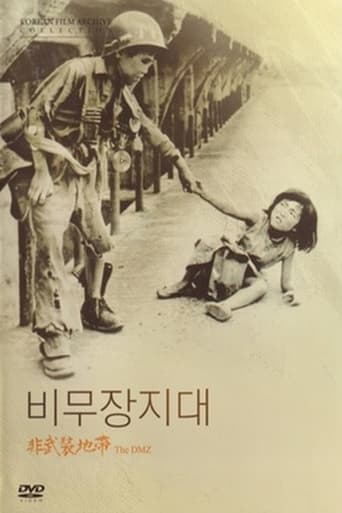
09 Dec 1965

The film exposes the atrocities of war through the eyes of two children who are stranded in the DMZ after the end of the Korean War. The DMZ, strewn with abandoned tanks, dead bodies, land mines, and unexploded shells, is an exceedingly dangerous place for children. But what most endangers them in the end are not weapons but people.
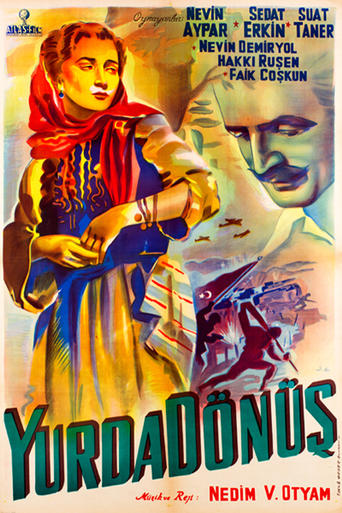
09 Apr 1952

The film depicts a romance set against the backdrop of the Korean War.
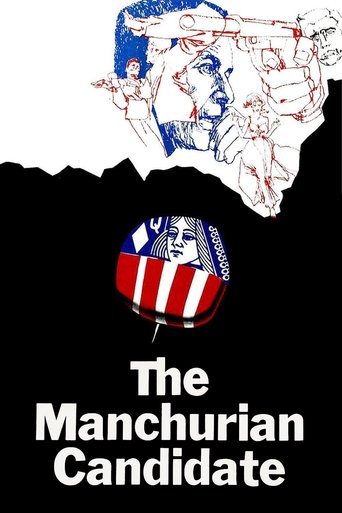
24 Oct 1962

Near the end of the Korean War, a platoon of U.S. soldiers is captured by communists and brainwashed. Following the war, the platoon is returned home, and Sergeant Raymond Shaw is lauded as a hero by the rest of his platoon. However, the platoon commander, Captain Bennett Marco, finds himself plagued by strange nightmares and soon races to uncover a terrible plot.
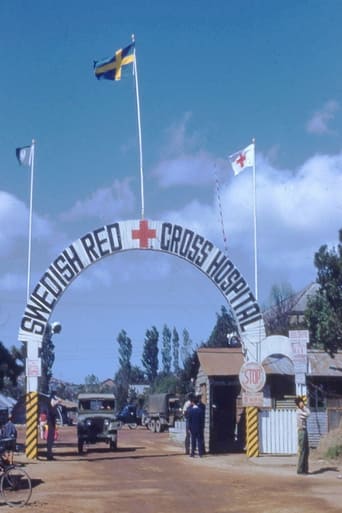
08 Nov 2019

With the largest humanitarian undertaking ever made by Sweden, in 1950 volunteers rushed to help setting up the Swedish Red Cross Field Hospital in Busan. This was 69 years ago. Today the aging Swedish samaritans can testify how the Korean war became the start of new relations, new friendships, and lasting, strong bonds between Sweden and Korea.
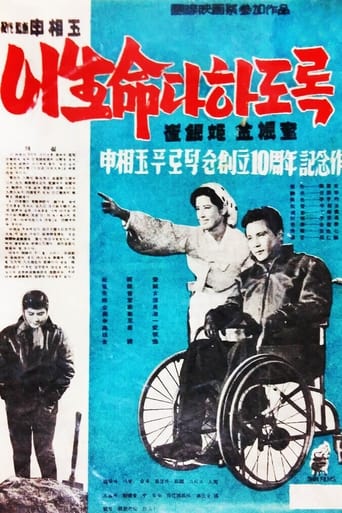
01 Jul 1960

Captain Kim is grievously wounded in the first days of the war. When the northern troops continue their advance, his wife and small daughters flee south to Taegu, dragging him along in a two-wheel handcart. His wife struggles to keep herself and their surviving daughter alive. Working as a market trader, she meets a kind young man -- who happens to be tall, dark and handsome.
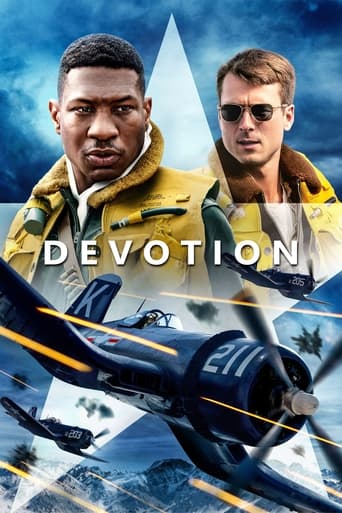
23 Nov 2022

The harrowing true story of two elite US Navy fighter pilots during the Korean War. Their heroic sacrifices would ultimately make them the Navy's most celebrated wingmen.
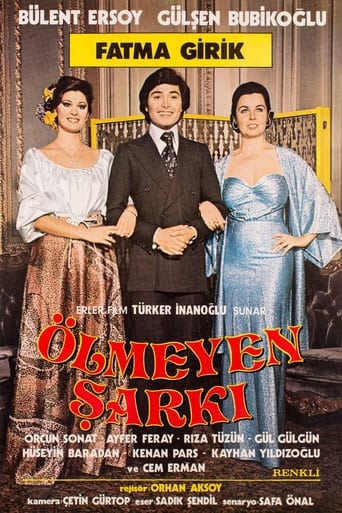
01 Jan 1977

Semra is a famous singer, and her daughter Cigdem goes to the Conservatoire. Cigdem falls in love with the new music teacher Bulent. There is a piece of music which Semra plays, and Cigdem is curious about it. Semra tells her daughter about her love from the youth named Kemal. Bulent also has a similar story at his home and it turns out Bulent is the son of Semra's old love Kenan. Cigdem and Bulent want to get married but Cigdem's father doesn't approve their marriage. Bulent resigns from the school and becomes a successful singer. Eventually, love beats all the difficulties and Cigdem and Bulent share a happy life together.
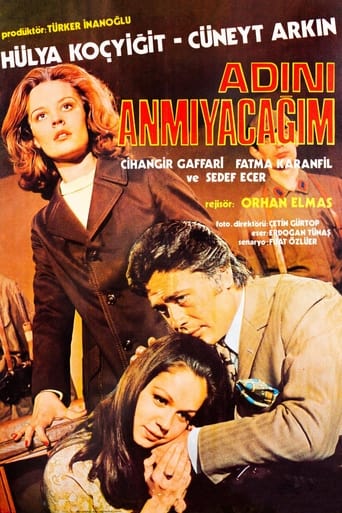
02 Jan 1971

Gul is a famous singer, married to Captain Engin, who has studied law. Engin goes to Korea during the war. One day Gul is told that he is dead. Her violinist, Cemil fancies her. One day Gul meets Engin again, yet Cemil continues molesting her. Engin takes his daughter while Gul gives becomes an alcoholic and is miserable. Engin learns about her condition and decides to go to her but in a car accident he becomes blind. Gul starts to work in their house under a false name, Seher. In the meantime she gives piano lessons to their daughter Oya. Engin regains his eyesight after a surgery. Cemil attempts to rape Oya, but Gul reaches in time, saves Oya and kills Cemil. Oya finds out that Gul is her mother and asks Engin to defend her in court. A happy future awaits all three.
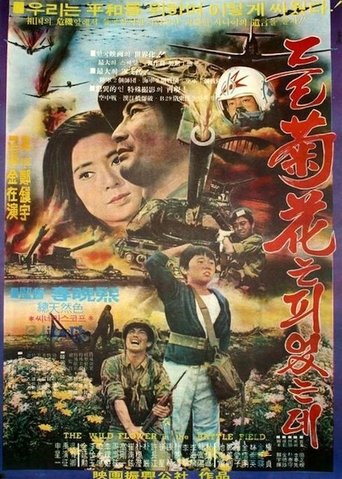
07 Dec 1974

A look at the Korean War through the eyes of a mute boy who was kept as a mascot by a regiment of soldiers near the front lines.